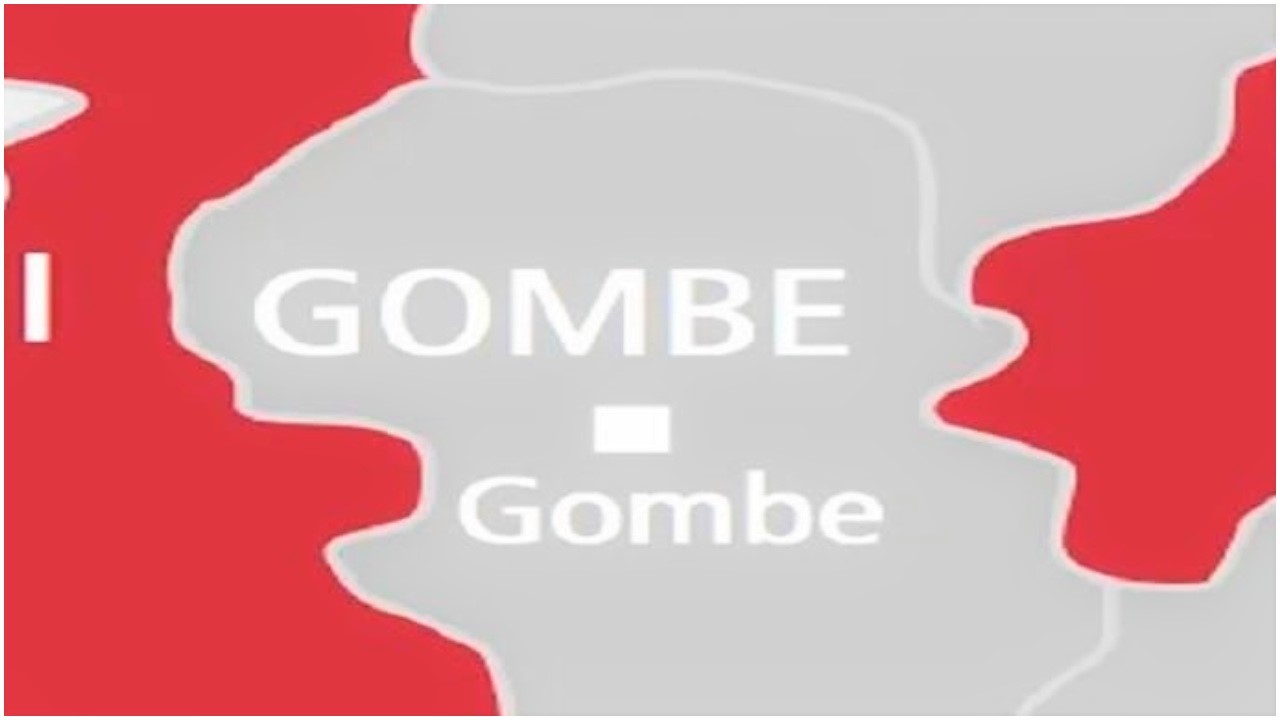
Chima Azubuike
A coalition of civil society organisations has decried the shortage of qualified staff and water scarcity in some health facilities in Gombe State.
The coalition also lamented the limited collaboration between health facilities and community members in Gombe.
The coalition includes the Network of People Living with HIV/ AIDS in Nigeria, the Civil Society in Malaria Control, Immunisation and Nutrition, and the Civil Society for the Eradication of Tuberculosis in Nigeria.
Speaking during a media round table organised by the coalition, the Programme Officer of NEPWHAN, Mohammed Ibrahim, lamented the challenges faced by health facilities in the state.
According to Ibrahim, the group’s findings are based on its interventions in 72 facilities in five Local Government Areas, out of eleven.
He said the Resilient System Strengthening for Health, is a community intervention that supports the development and reinforcement of informed, capable, coordinated, and sustainable structures, and mechanisms for health.
He said, “Processes and actors through which community members, organisations, and groups interact, coordinate, and deliver their responses to the challenges and needs affecting their communities are essential.
“The main activity is basically to mobilise communities in responses to ATM diseases, address barriers to accessing health and other social services and social determinants of health.
“Gombe as part of the implementing state coordinated by NEPWHAN at the National and state level working in hand with TB and Malaria bodies implementing this aspect of community system strengthening in five Local Government Areas namely:- (Balanga, Dukku, Kaltungo, Kwami, and Yamaltu Deba), in each of the implementing LGAs three CBOs of ATM affiliated organisations are working to support communities to take ownership of their health”.
Presenting the achievement, success stories, challenges, and recommendations of the project he said that “Inadequate qualified staff delay client consultations”.
Ibrahim also decries limited to weak collaboration between community leaders and facility staff and bemoaned the shortage of portable drinking water in some of the facilities.
Also speaking, Mohammed Sabo, NEPWHAN State Coordinator, urged the government to show more commitment to tackling the raised challenges. He commended the collaborations existing between various organisations involved in system strengthening for health in the state.
Also speaking, Haruna Bose, Focal Person, Prevention of Mother to Child Transmission explained that the essence of the programme was to discover inherent challenges in communities and proffer required solutions.
Bose said, “the aim of this project is to help the communities change from point A to point B and after finding the problem, discuss it with them and find solutions to the problems.”
Copyright Reportr Door
All rights reserved. This material, and other digital content on this website, may not be reproduced, published, broadcast, rewritten or redistributed in whole or in part without prior express written permission from Reportr Door.
Contact: [email protected]




